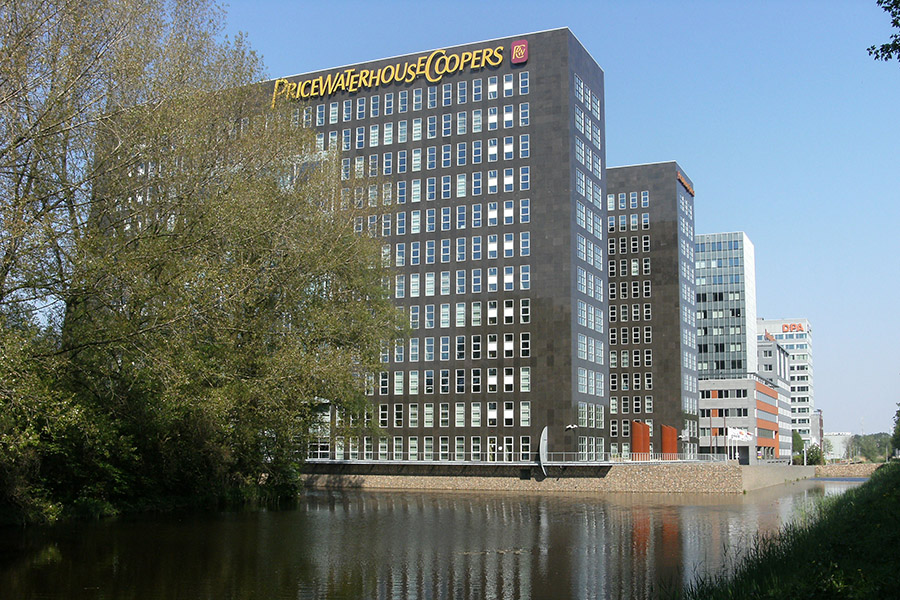For the medieval church the quest for salvation was a major concern. Demonstrating your faith through good works was a good way to save your soul from purgatory. And so emerged the concept of indulgences, which could be granted by popes, as measurable ways of assessing and paying off debts owed for one’s sins. From the eleventh century onwards the church introduced a market for indulgences: instead of penance by pilgrimage, helping the poor or fighting infidels in the Holy Land, one could achieve the same result by making a monetary payment.
I was reminded of Indulgences when I read last week in the FT that PwC is planning to increase its global headcount by 100,000 people – more than a third over the next five years – ‘as part of a $12bn investment in recruitment, training, technology and deals designed to capture a booming market for environmental, social and governance (ESG) advice’.
So why did my heart sink, rather than sing, at this news?
After all, hadn’t the last thirty years of my work been all about trying to spread a message? An early chairman of Tomorrow’s Company, Sir Stuart Hampson, always used to say that it was only when we had the attention of the finance director that we were getting somewhere.
So yes, I it IS good news that PWC is on the ESG warpath.
And yet… Let’s go back to the medieval church. How did an institution which was started by people willing to sacrifice their own lives in order to spread the Gospel end up selling indulgences? All successful institutions create mechanisms that prioritise their own self-interest. Only a minority balance this by mechanisms that correspondingly guarantee their dedication to serving others.
Throughout the history of the church there have been those who insist that service to God and to others must take priority. Look at the influence of St Francis or St Benedict.
Throughout the history of the Big Four there have, similarly been those who while maintaining their institutions as cash machines, have also insisted on the public service role of the partnership.
Yet, as with the Church, there have been many points in the history of both when their power is so overwhelming that even the best intentions of their best people cannot deflect the institution from avarice and harm.
Now is one of those times. In order to earn the right to be influential champions of ESG the Big Four themselves need to be able to demonstrate by their business model, their behaviours and their self-restraint that they are authentic champions of ESG.
Not an easy task. How they might do it will be the subject of my next blog.
Mark Goyder is Founder of Tomorrow’s Company and Senior Advisor to the Board Intelligence Think Tank
